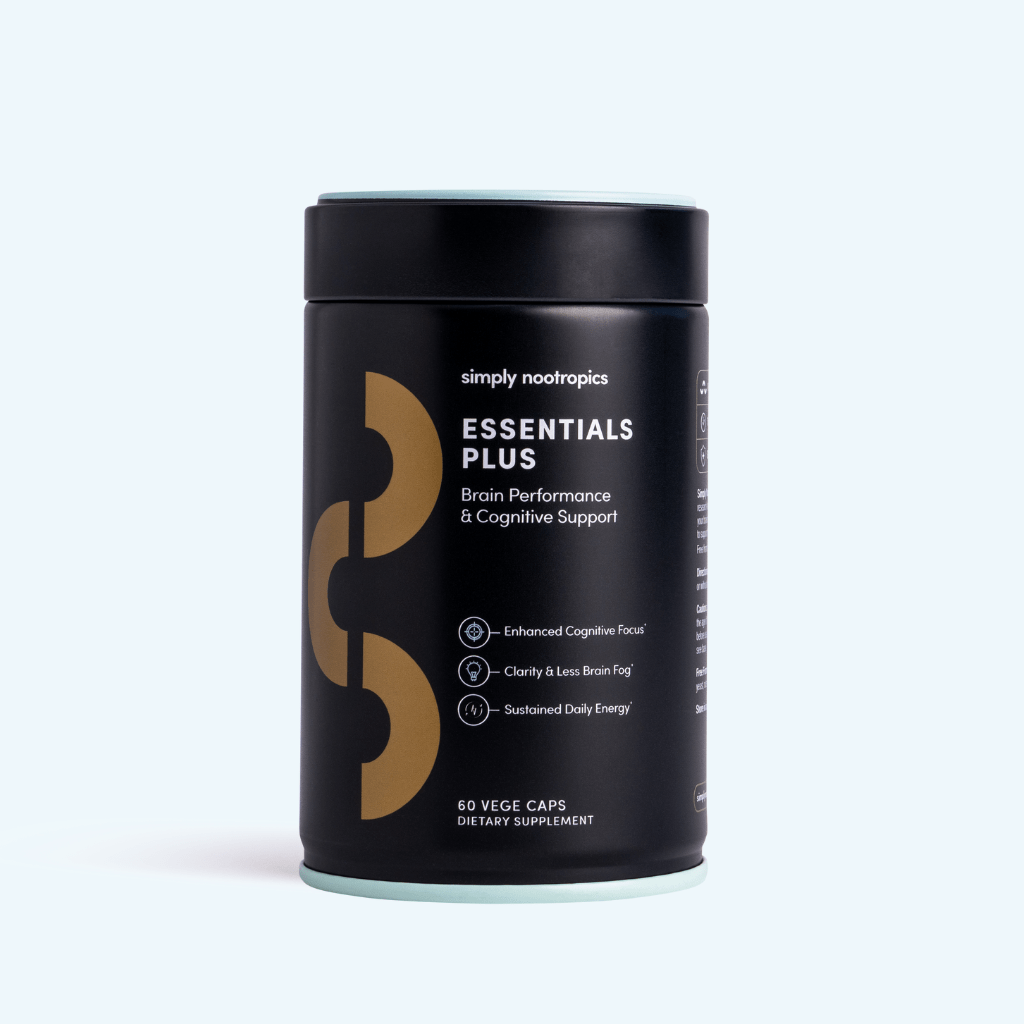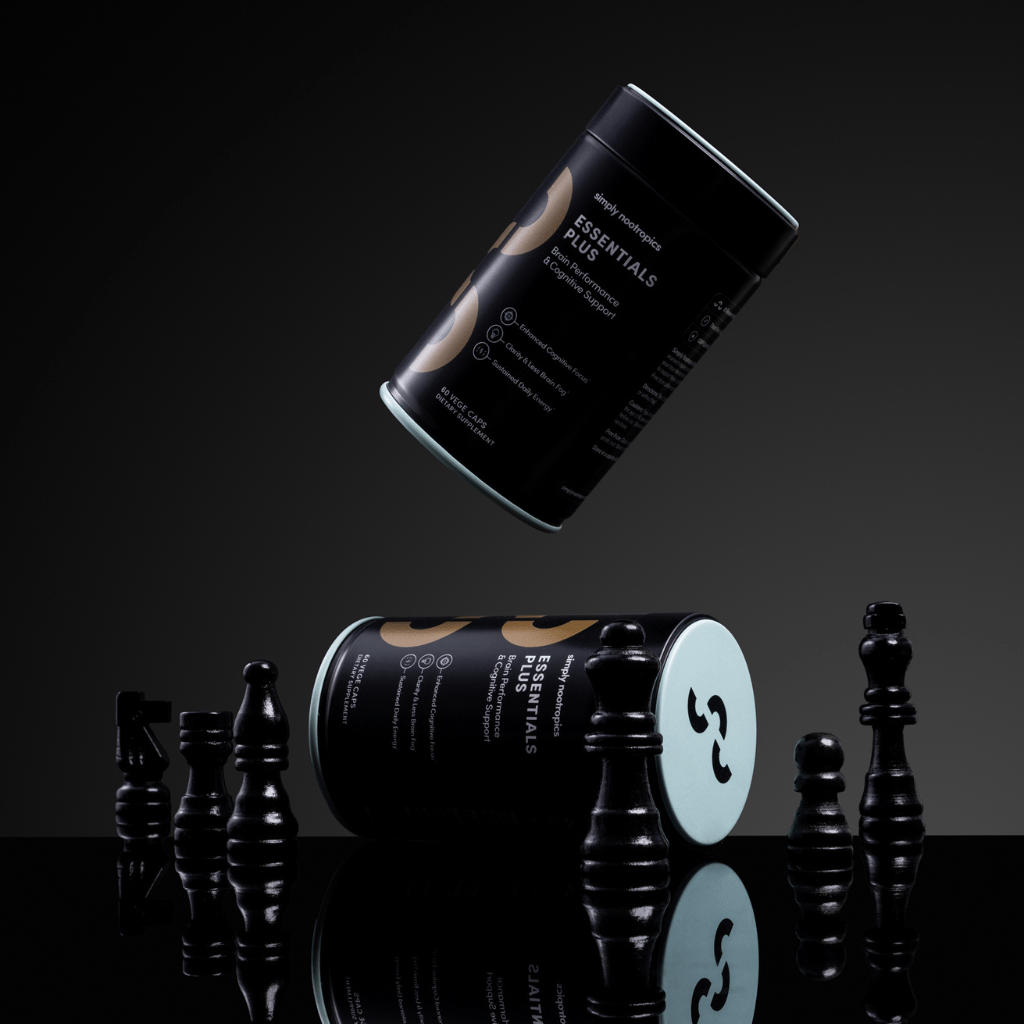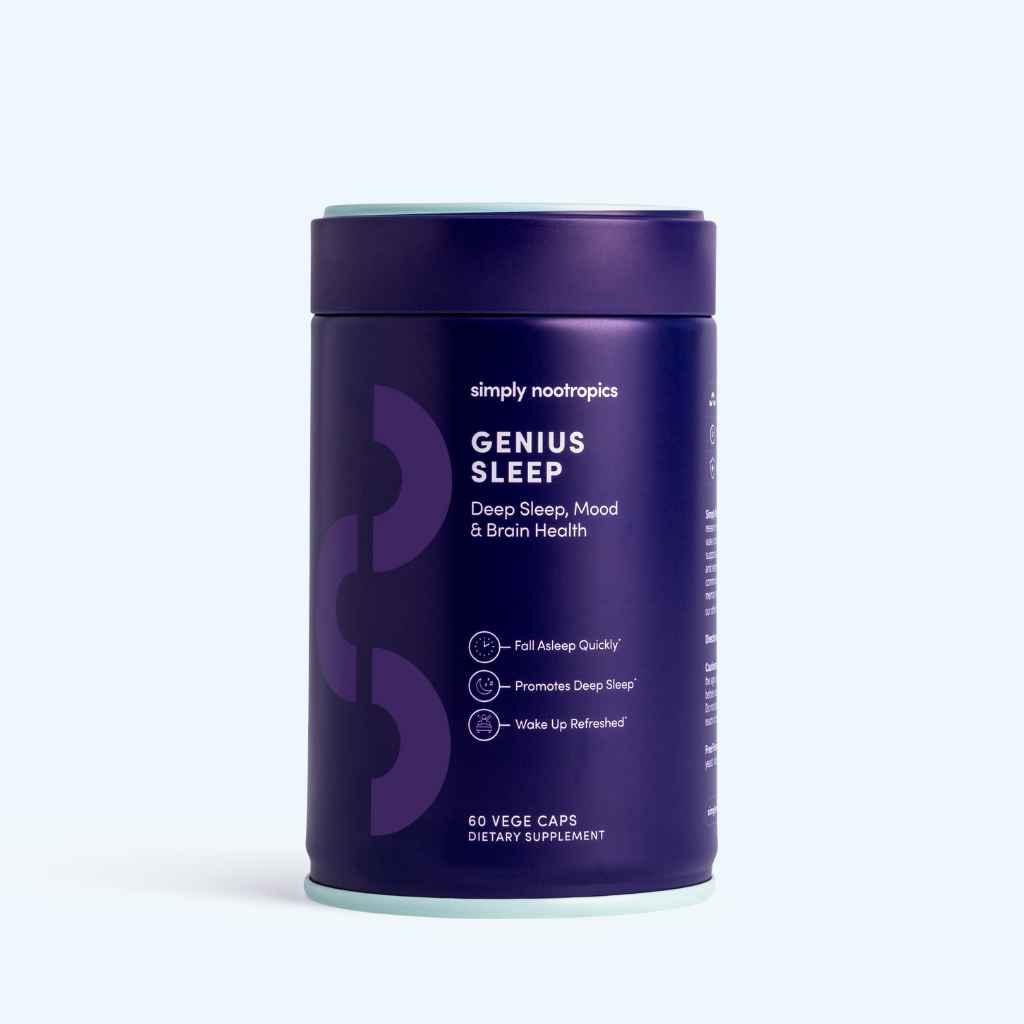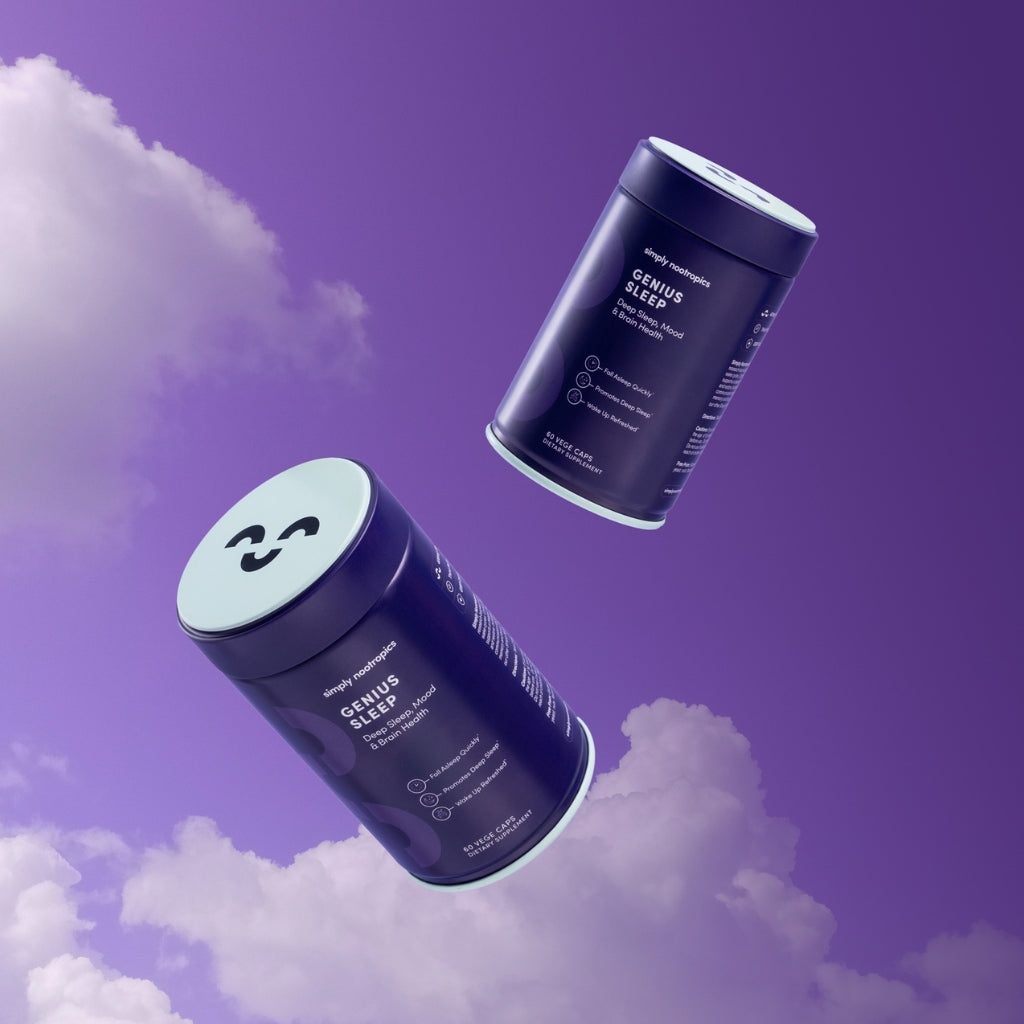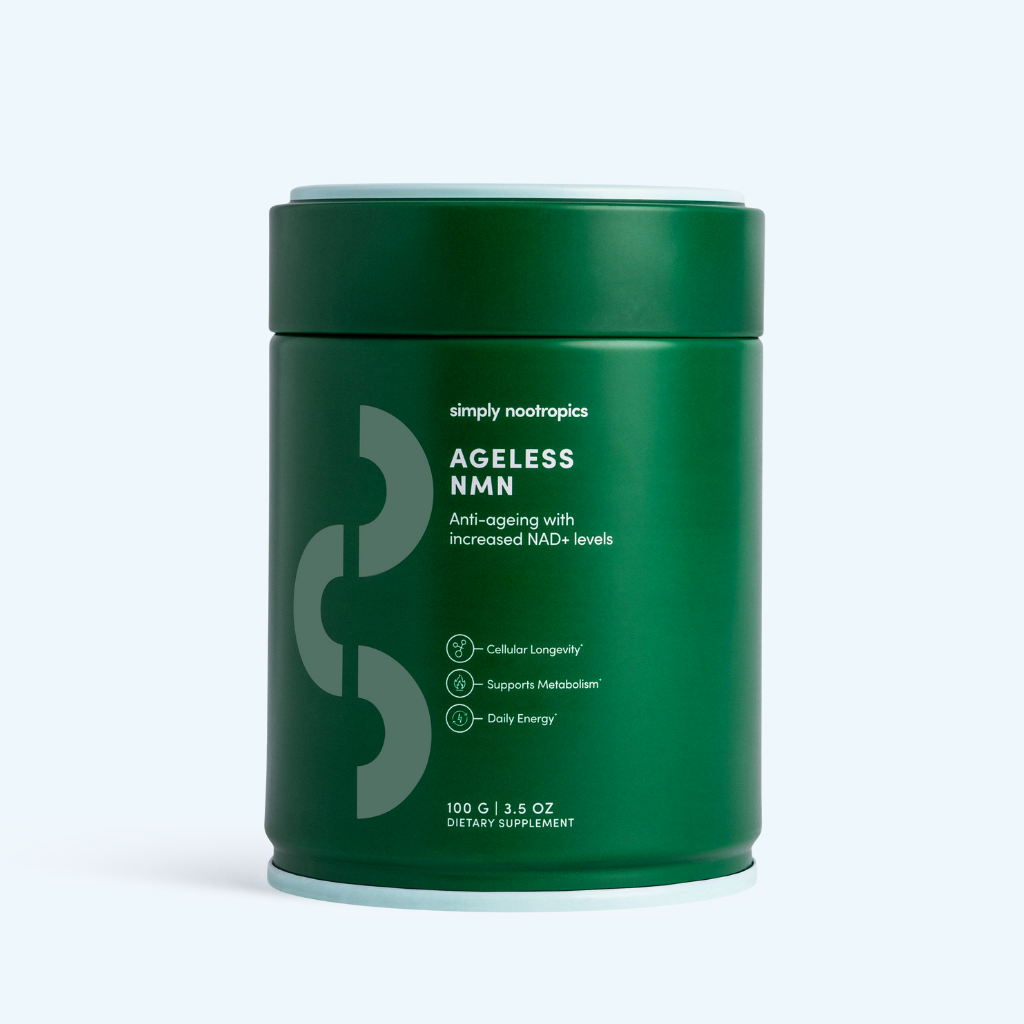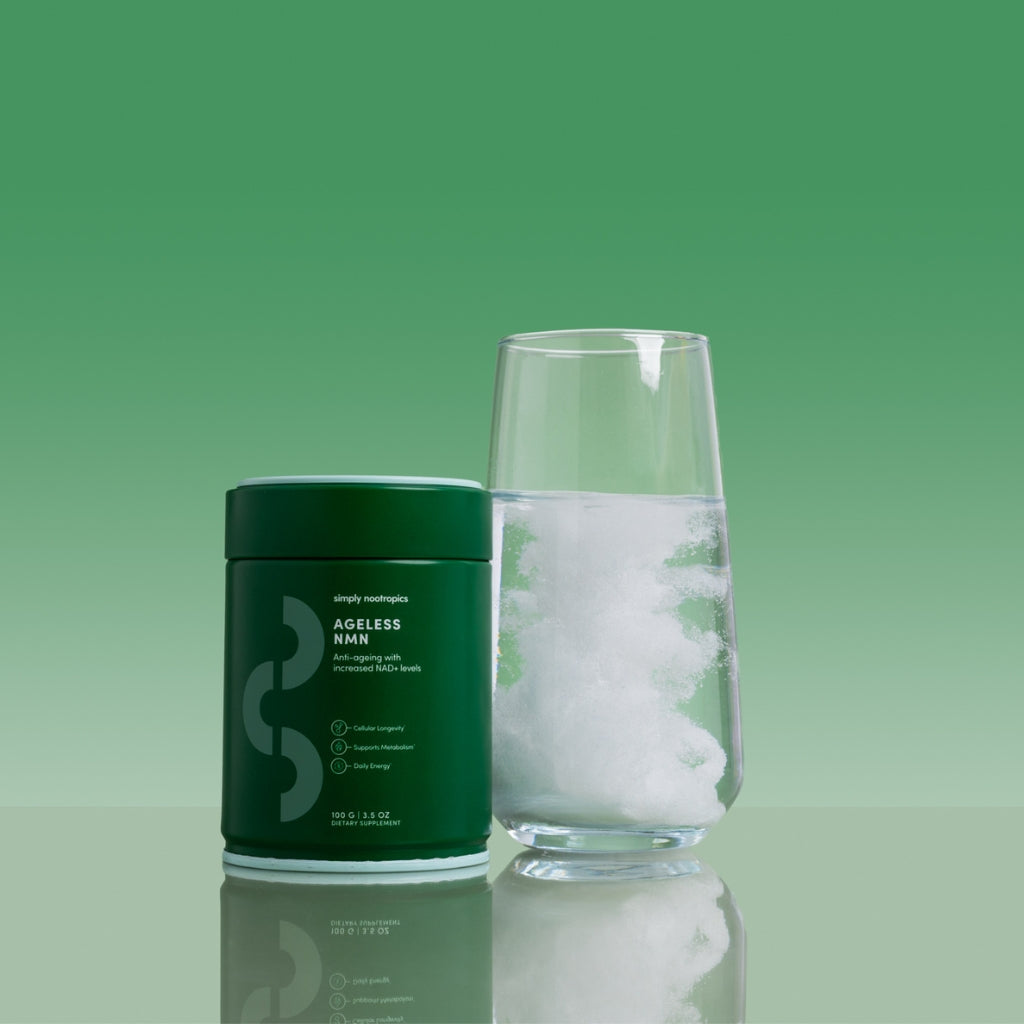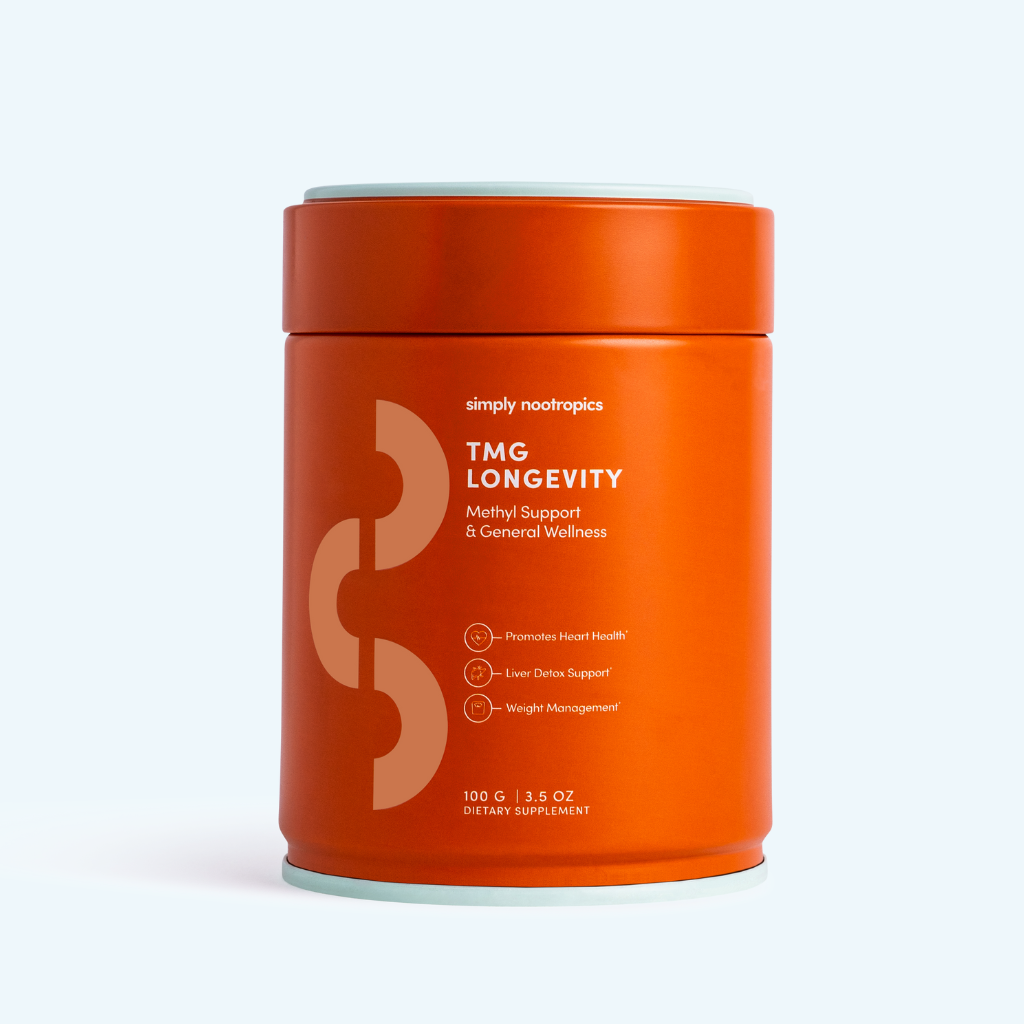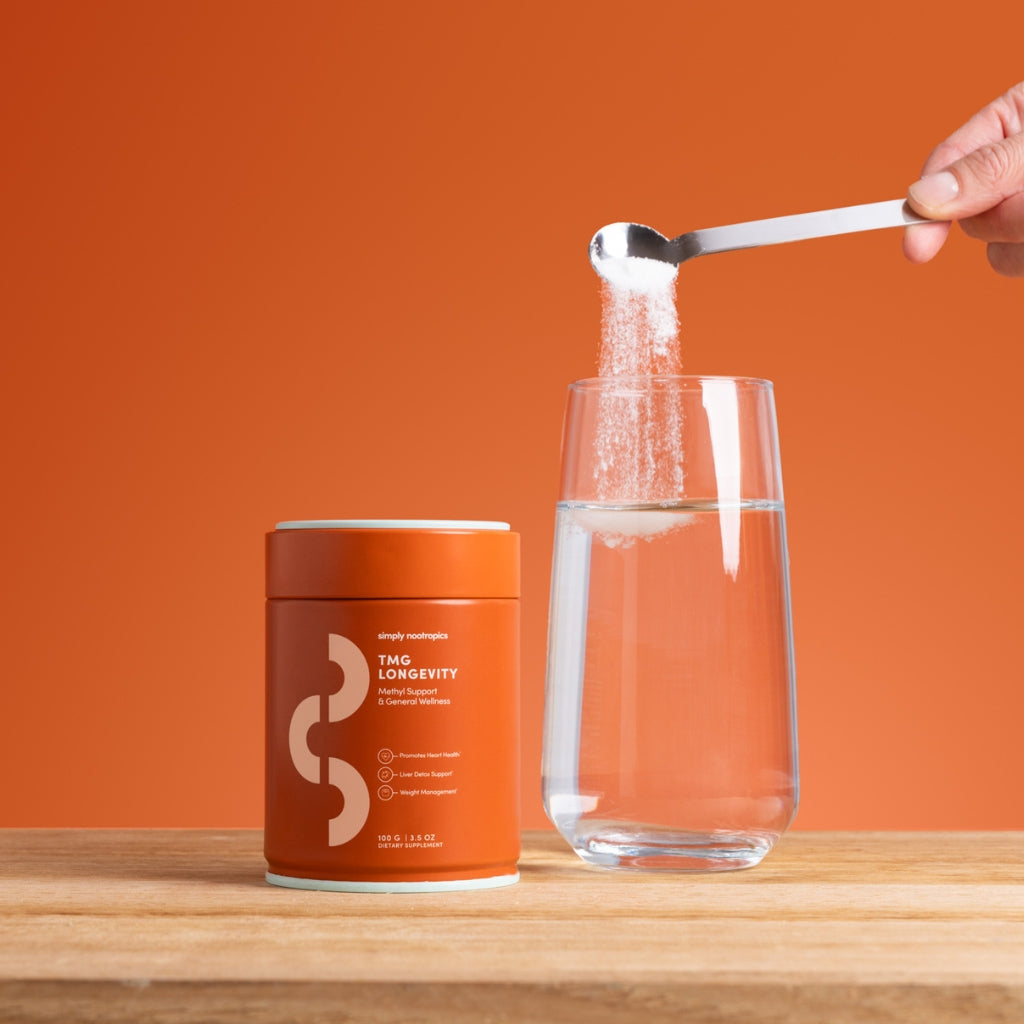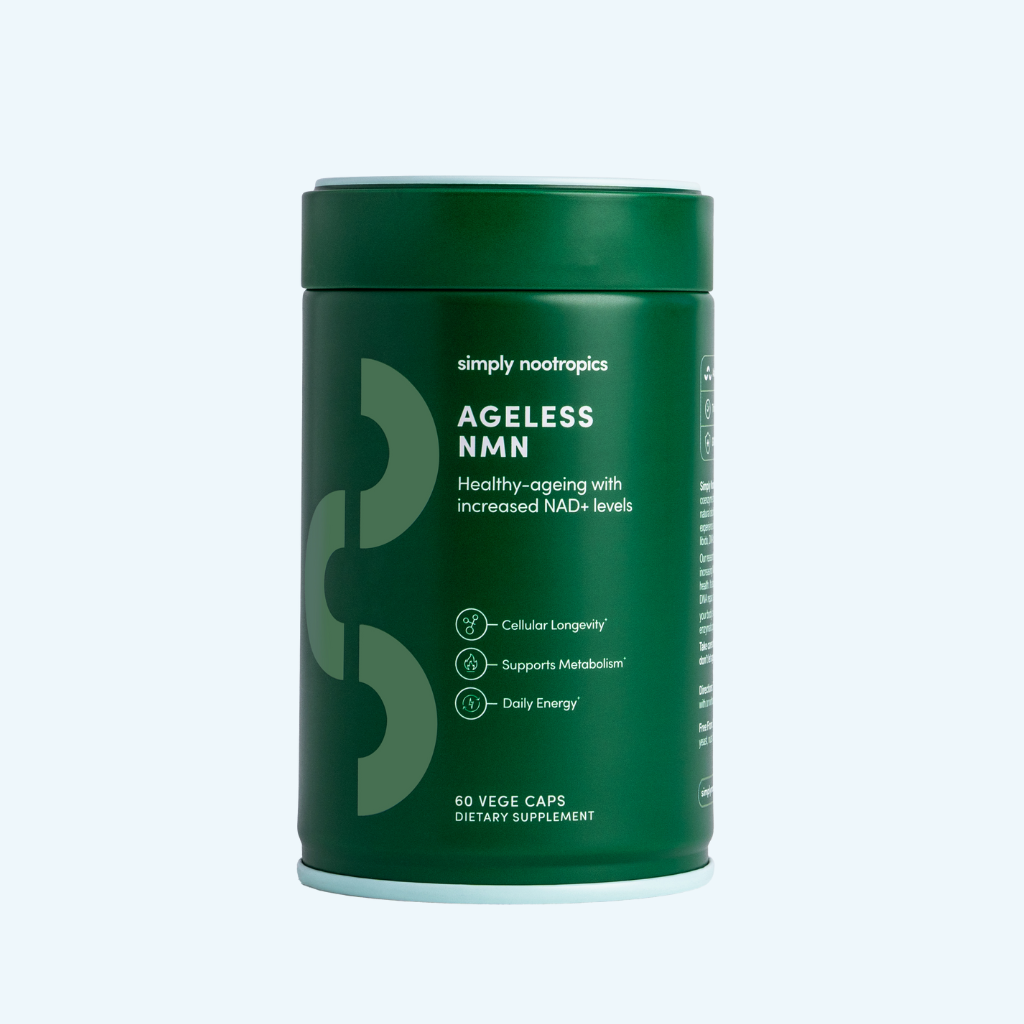Welcome to the holiday edition of Longevity News, where we bring you the latest insights to keep your health and wellness on track during the festive season. This week, we’re covering how to manage holiday eating, the impact of screen time, winter skincare tips, and groundbreaking research on NMN’s role in neuroprotection.
1) Holiday Eating: Avoiding Common Pitfalls
The holidays often revolve around food, with feasts and sugary treats taking center stage. While enjoying these moments is important, certain eating habits can lead to unwanted health consequences. Research from the Orlando Health Center for Health Improvement highlights how skipping meals or overloading on calorie-dense dishes can disrupt metabolism and impact overall well-being.
Key Findings from Research:
- Skipping meals: Many people skip breakfast or lunch to “save room” for a big holiday dinner, but this can backfire. It often leads to overeating, causing blood sugar spikes and metabolic stress.
- Calorie-dense sides: Foods like stuffing, mashed potatoes, and sugary desserts are staples but can quickly add up, leading to weight gain and sluggishness.
- Mindless snacking: Constant grazing on holiday treats makes it difficult to gauge total caloric intake.
Tips for a Balanced Holiday Meal:
- Don’t skip meals. Eating small, nutrient-dense meals throughout the day keeps your blood sugar stable and prevents overeating.
- Fill your plate wisely. Prioritize lean protein and fiber-rich vegetables, which promote satiety and help balance carbohydrate-heavy dishes.
- Practice mindful eating. Enjoy each bite, and avoid distractions like watching TV while eating.
2) Screen Time: How to Use It Mindfully
With more downtime during the holidays, it’s tempting to binge-watch movies or spend hours scrolling through social media. While screen time isn’t inherently harmful, excessive use can lead to eye strain, sleep disturbances, and reduced physical activity.
A study from the University of Melbourne found that moderate screen use can foster social connection and relaxation, key aspects of mental health. However, prolonged screen exposure, especially before bedtime, can suppress melatonin production and disrupt sleep patterns.
Research Insights:
- Connection through screens: Video calls or shared online activities with family and friends can promote bonding, which is crucial for mental well-being.
- Blue light exposure: Prolonged screen use in the evening can delay the body’s natural sleep cycle.
How to Balance Screen Time:
- Set limits. Designate screen-free times, like during family meals or outdoor activities.
- Use the 20-20-20 rule. Every 20 minutes, look at something 20 feet away for 20 seconds to reduce eye strain.
- Wind down without screens. Avoid screen use at least an hour before bedtime to improve sleep quality.
3) Preventing and Soothing Chapped Hands
Cold weather, dry air, and frequent handwashing can leave your skin feeling dry, cracked, and uncomfortable. Addressing these issues requires a combination of protective measures and restorative care. Research by a New York city dermatologist highlights how ceramides and hyaluronic acid can restore the skin barrier and improve hydration.
Research Findings:
- Barrier repair: Ceramides are essential for maintaining the skin’s natural moisture barrier.
- Hydration: Hyaluronic acid helps retain moisture, soothing and repairing dry skin.
- Environmental irritants: Exposure to cold air and hot water strips the skin of natural oils, exacerbating dryness.
Practical Tips for Healthy Winter Skin:
- Moisturize regularly. Use a ceramide-rich cream after washing your hands to lock in hydration.
- Wear gloves. Protect your hands from cold weather and harsh cleaning products.
- Avoid hot water. Wash your hands with lukewarm water to prevent additional dryness.
4) NMN’s Role in Neuroprotection
One of the most exciting recent advancements in longevity science involves nicotinamide mononucleotide (NMN) and its potential to prevent axonal degeneration. Axons, the long fibers that connect neurons, can become damaged due to injury or neurodegenerative diseases. A study published in the National Library of Medicine sheds light on how NMN levels influence this process and offers hope for therapeutic interventions.
What the Study Found:
- Axons rely on a molecule called NAD+ for energy and survival. When axons are damaged, an enzyme called SARM1 is activated, which rapidly destroys NAD+. Without NAD+, the axon cannot function and begins to break down.
- NMN is a building block for producing NAD+. However, when axons are injured, NMN levels rise. This increase acts as a trigger for SARM1 to activate, accelerating the depletion of NAD+ and leading to axonal degeneration.
- To slow down this process, researchers introduced an enzyme called NMN-Deamidase (NMN-D) into fruit flies (Drosophila). NMN-D works by lowering NMN levels in the cells.
The results:
- With NMN, axons that would normally break down after an injury were preserved for months.
- The neurons remained functional and connected to the rest of the nervous system for weeks.
- Importantly, NAD+ levels were not affected, meaning the cells still had the energy they needed to function.
What This Could Mean for Humans
The findings suggest that targeting NMN levels could help prevent axonal degeneration, offering potential for new treatments for neurodegenerative diseases and nerve injuries.
Longevity Tip of the Week: Keep Moving
The holidays often encourage a sedentary lifestyle, with long meals and hours spent lounging indoors. However, regular movement, even in small amounts, can have profound health benefits.
Simple Ways to Stay Active:
- Post-meal walks: Make it a tradition to take a brisk walk after holiday meals.
- Active holiday traditions: Ice skating, dancing, or even a family snowball fight can double as exercise and fun.
- Stretching sessions: Start your day with light stretches to improve circulation and set a positive tone.
This festive season, small, science-backed changes can make a big difference in your health and longevity. Now that you understand how beneficial NMN can be for maintaining energy, protecting neuronal health, and supporting longevity, why not make it part of your daily routine? Simply Nootropics Ageless NMN offers an effective solution to help you keep your body and mind thriving as you age.



